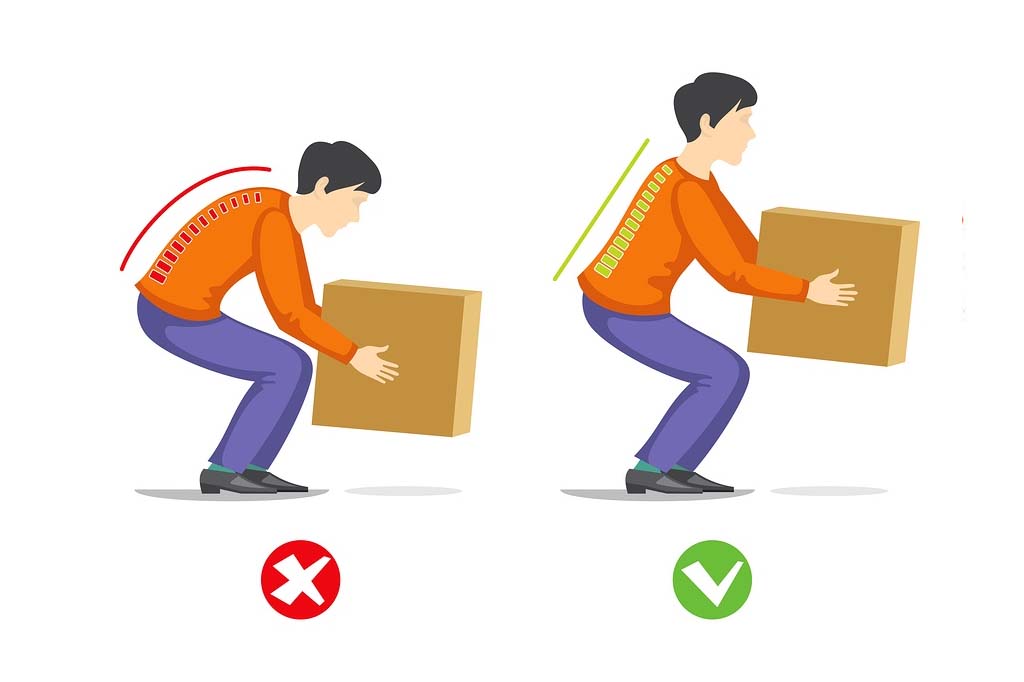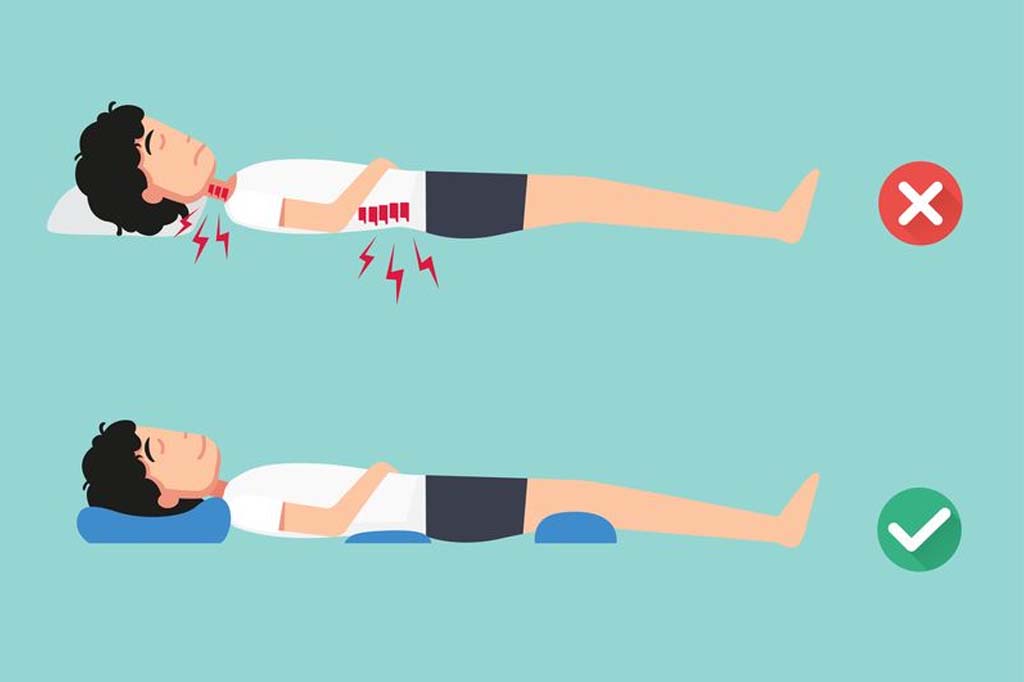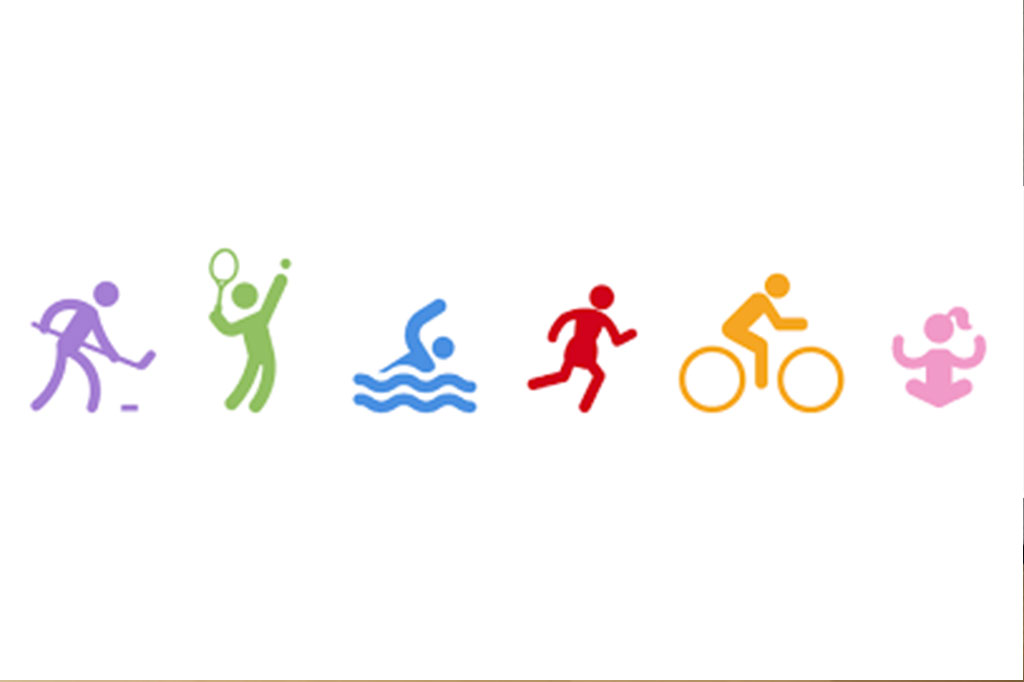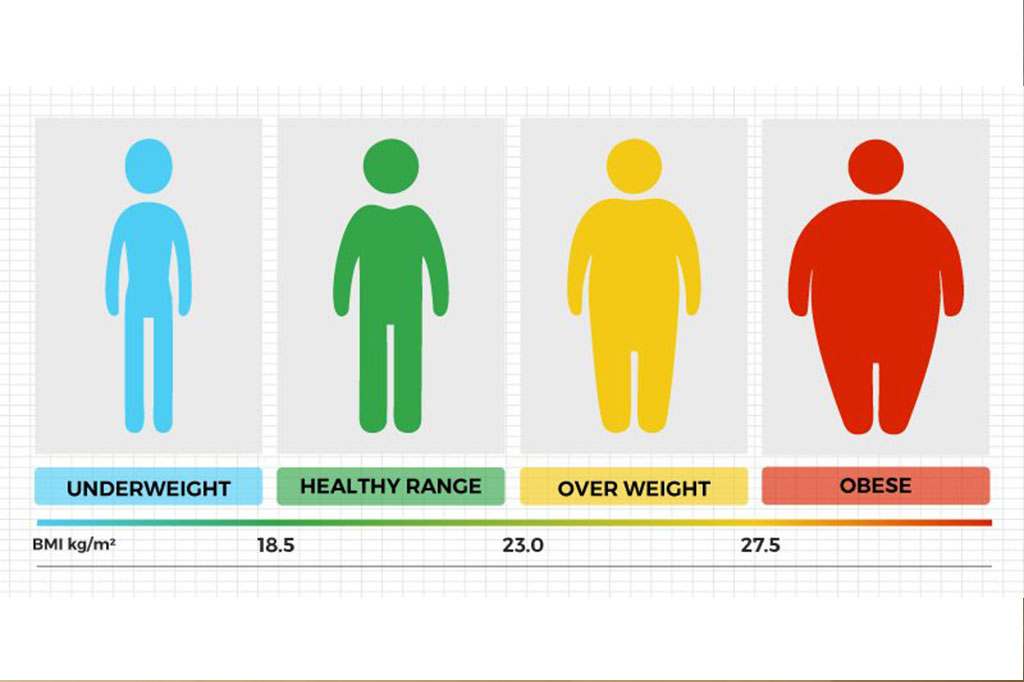Tips for a Healthy Spine

It's very easy to twist the wrong way and damage your spine if you don't use proper form when lifting an object. Here's how to lift correctly: Stand as close to the object as you can, and use your legs and knees rather than your back or upper body to pull up the item. It will help if you bend your knees so your arms are at the same height as the item. Keep your head down and back straight. If the item is heavy, don't try to lift it yourself — get help. Learn about Preventive Spine Care Techniques from leading specialist in Kandivali, Mumbai. Avoid Spine issues with expert advice. Consult Today!
Sleeping well is important to your overall health. Your body needs a good night's sleep to repair itself. Sleep on your side, not your stomach: Sleeping on your stomach puts too much pressure on your spine. Sleeping on your side also reduces upper airway collapse, helping to prevent sleep apnea symptoms and give you a better night's rest. Invest in a supportive mattress as well as a pillow that promotes proper alignment of your neck. Be sure to turn your mattress regularly so that it wears evenly.


Stretching helps our back and neck. Keeping flexible helps maintain normal joint function and a good range of motion. It also reduces the risk of injury. If you start your day with a few good stretches, it can not only be invigorating, but can also promote spinal health.
You're at an increased risk of experiencing low back pain if you're not active or physically fit. Whether you make regular visits to the gym, walk, bike, swim, or play with your kids, staying active and keeping your body moving helps maintain a healthy spine, The best exercise routine for your back and neck is one that combines stretching, strengthening, and aerobic activity.


Exercise, along with a healthy diet, also helps you lose weight or maintain a healthy weight. Being overweight or obese, or quickly gaining a significant amount of weight, are risk factors for low back pain — excess weight, especially if you have belly fat, can put added stress on the muscles, ligaments, and tendons in your lower back.
Staying hydrated is important to maintaining soft tissue elasticity and fluidity in joints. Our intervertebral (spinal) disks are vulnerable to loss of hydration and can begin to lose height. As spinal disks begin to shrink, you become more susceptible to painful disk conditions. Herniated disks, also known as slipped or ruptured disks, occur when the loss of fluid causes the disks to become brittle and eventually slip out of place. A herniated disk is the most common cause of sciatica, a specific type of back pain that radiates down one of the legs. Bulging disks can also occasionally cause sciatica. In addition, as the protective padding of the spine diminishes, it further contributes to the loss of structural health


Proper ergonomics can help reduce a lot of stress on both the lower and upper back, which in return, reduces the frequency of conditions ranging from stiff back and headaches to carpal tunnel and sciatica. Make sure your workspace — whether a laptop, phone, computer desk, or even your car — is set up for your height and functionality. Choose a chair that provides lower back support, or place a pillow or rolled-up towel behind the small of your back. Your knees should be at 90 degrees (at about the same level as your hips) and your feet should rest comfortably on the floor. Never cradle your phone between your ear and shoulder. Hold your phone to your ear or use a headset to avoid neck pain. Also, plan regular breaks to periodically get up and walk around the office or home. Staying in one position for too long will cause back muscles to tighten up and become immobile. Plus, a short break is good for your mental health and productivity. Occasional mental breaks can improve your focus on the task at hand.
Don't ignore spinal problems or pain. Although it’s common to have back pain once in a while, it can indicate a more serious problem. Left untreated, problems with your spine can worsen and become quite serious. Listen to what your body is telling you. Don't overdo it at the gym or at work, or self-medicate to relieve symptoms. Seek medical care to learn about your spine and the correct treatment for your symptoms."
